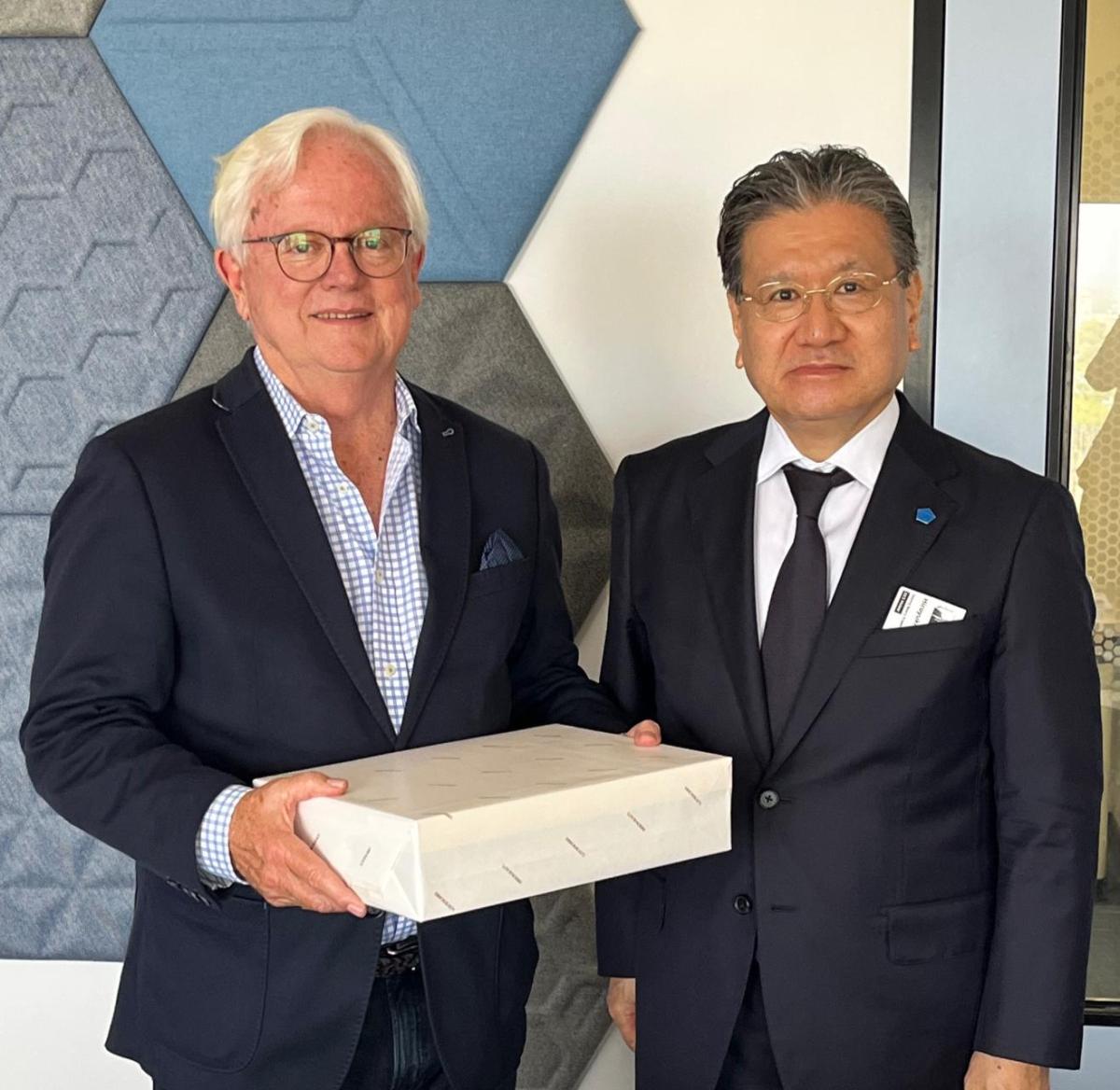Japanese regulators have taken an interest in NSW’s experience modernising its casino regulatory regime, sending a delegation to learn as much as they can as they work to establish their first casino in 2030.
On 4 December, the NICC met with a delegation from the Japan Casino Regulatory Commission to discuss the challenges of remediation and the importance of establishing strong gambling harm minimisation measures from the outset.
NICC Commissioners Philip Crawford and Stephen Parbery met with their Japanese counterparts Commissioners, Hiroyuki Ujikane, Michiko Watari, and Keiko Ishikawa before the Japanese group toured Crown Sydney’s members only facility.

NICC Chief Commissioner Philip Crawford said Japan has the advantage of observing other jurisdictions while it is in the process of building its integrated Osaka casino.
“Japan is in the midst of setting up their regulatory structure so the functions are in place well in advance of the casino opening,” Mr Crawford said.
“They have had the benefit of watching other jurisdictions deal with misconduct and then retrospectively attempt to adjust compliance cultures to address bad behaviour and poor governance.
“It’s important to get it right as early as possible and to build in the capabilities to stay alert to emerging risks.
“I can’t understate the many challenges facing casino regulators in an increasingly data driven, digital age.
“Given the complexity of casino systems, regulators need to be on their toes and work with each other to find solutions to shared issues.”
The Japanese Casino Regulatory Commission was established in 2020 after the Japanese government passed legislation in 2016 allowing for three integrated resort licences that enable the operation of a casino.
The Commission is preparing for the smooth introduction of a new industry, and currently has around 150 staff in functional streams such as probity, compliance and enforcement, licensing, and research and intelligence.
There is substantial work to be done before a casino opens its doors which necessitates years of planning.
“Crown Sydney spent almost three years remediating and redesigning its business model, putting the right people in place and establishing internal controls before it was allowed to give effect to its licence,” said Mr Crawford.
“Half of that work happened while its doors were closed and followed several years of preparation before the Bergin report.
“Furthermore, probity for the Blackstone takeover took almost two years. Thus, to meet the standards incumbent of a modern casino regulatory regime, the Commission is using all the time available to build out its regulatory settings.”
In April 2023, the Japanese government awarded Osaka Prefecture certification for an integrated resort development plan. Osaka IR, a venture owned by MGM Resorts, Orix Corporation (a diversified financial services group headquartered in Osaka), and others, will develop and operate the integrated resort.
The Osaka integrated resort and casino is being built on Yumeshima Island, an artificial island in Osaka Bay. Coming in at a cost of around $10 billion, in addition to the casino, the venue will have a hotel, international conference hall, exhibition facilities and a theatre and is expected to host 20 million visitors a year – the majority of which are domestic tourists.
During their visit, Commission delegates expressed particular interest in NSW’s gambling harm minimisation measures as Japan has faced similar battles to address gambling harm among its population.
“Japan might have a different context but there is one similarity that will always remain no matter what jurisdiction you’re in – casino operators are going to struggle to reconcile the conflict between doing the right thing and making a profit,” said Mr Crawford.
“It is up to regulators to work out where that struggle finds expression in the business and to stay on top of compliance cultures.”
